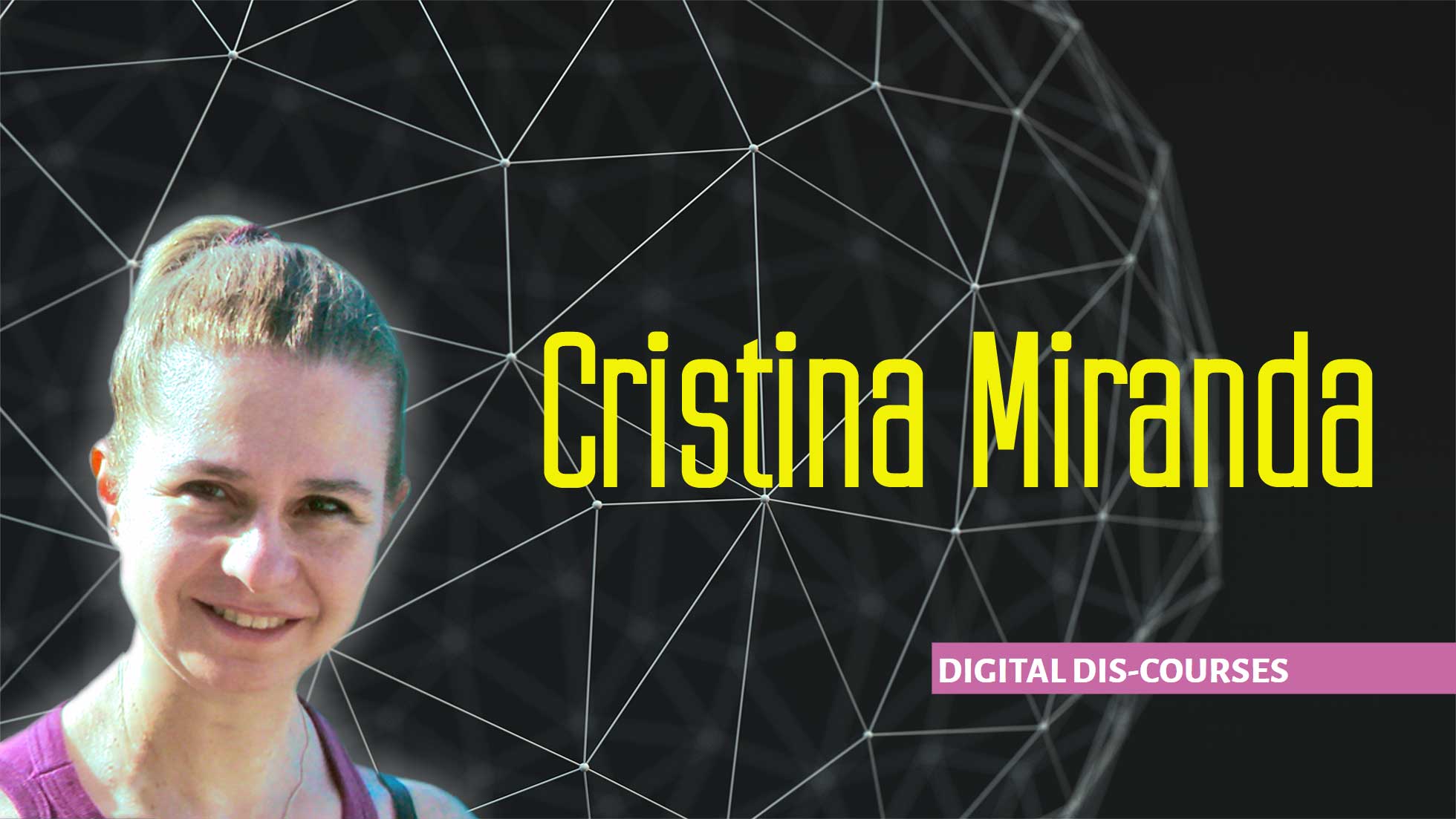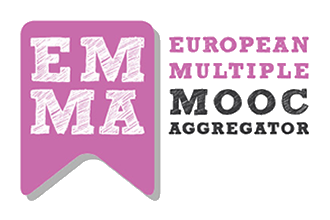Course Overview

Persona, society and technology: processes of transformation in a digital age.
We are becoming digital in a way that is not clearly understandable yet. We are no longer capable of distinguishing between what is real and what is virtual, as we did at the beginning of the digital story. Our lives, bodies, emotions, feelings and memories are strongly embedded in the digital world. For better or worse, we are living in a technological era which is re-defining how we think, learn, love, work. What does it mean to be a digital persona? What is the role of algorithms, the digital unconscious and knowledge networks.
This collective MOOC involves distinguished experts in the field of digital culture in open discussion. They present their own reflections on these questions, and their contributions take us through the changing landscape of self, society and technology, transforming hopes and criticism into food for thought.
Whatever your reason for joining this Digital Dis-course, you can explore the questions with our experts to clarify your own responses.
You can exploit the course in 2 ways
1. Serendipity
Play a game of Fortune. Choose any expert as your starting point and then randomly construct your own learning journey through digital culture. You will discover your own logic and connections between the different contributions. Using the coursebook, you can record and comment your journey, and share it with other users.
Click on [video tutorial] to find out more about the Coursebook feature.
2. Guided tour
You can see these MOOC lessons as conceptual sets that navigate you through the changing technological and societal landscape. Each set offers you different perspectives and challenges to reflect on and enjoy:
(i) Situating individual minds within the landscape (Bogliolo, Sorrentino, de Waard, Webster)
(ii) Mapping emerging territories and directing the individual within the new socio-technical regimes (Orban, Weinberger, Downes, Miranda)
(iii) Describing/redescribing paradigms and realities (Boyd, de Kerckhove, Powe).
In the lesson of Digital Dis-courses MOOC, Cristina Miranda explores a theoretical model to analyse and facilitate transdisciplinary dialog and collaboration between art, science, engineering and humanities. In her second lesson she looks at the impact of new materialities on the future of education.
Course Structure
- Lesson 1 - Transdisciplinarity between art, technology, sciences, design and humanities
- Lesson 2 - The impact of new materialities and hyper modernity on the future of education
Teacher
Cristina Miranda
Cristina Miranda de Almeida, artist, architect and urban planner is affiliated to the Department of Art and Technology (University of the Basque Country, UPV/EHU), teaching Art and Technology at Undergraduation and Postgraduation levels. Since 2009 she is a Visiting Scholar and External Researcher in the Research Line Digital Culture (Internet Interdisciplinary Institute, IN3/UOC, Barcelona). She holds a European PhD in Arts (UPV-EHU, 2005), a Postdoctorate Degree (Planetary Collegium, University of Plymouth, 2006), a Master in Industrial Design (DZ-BAI), a specialization in Territorial Planning (Fundicot, UV) and in Town Planning (IBAM, Rio de Janeiro). She is working in the Project Material-ICT and collaborating with SEAD Network




